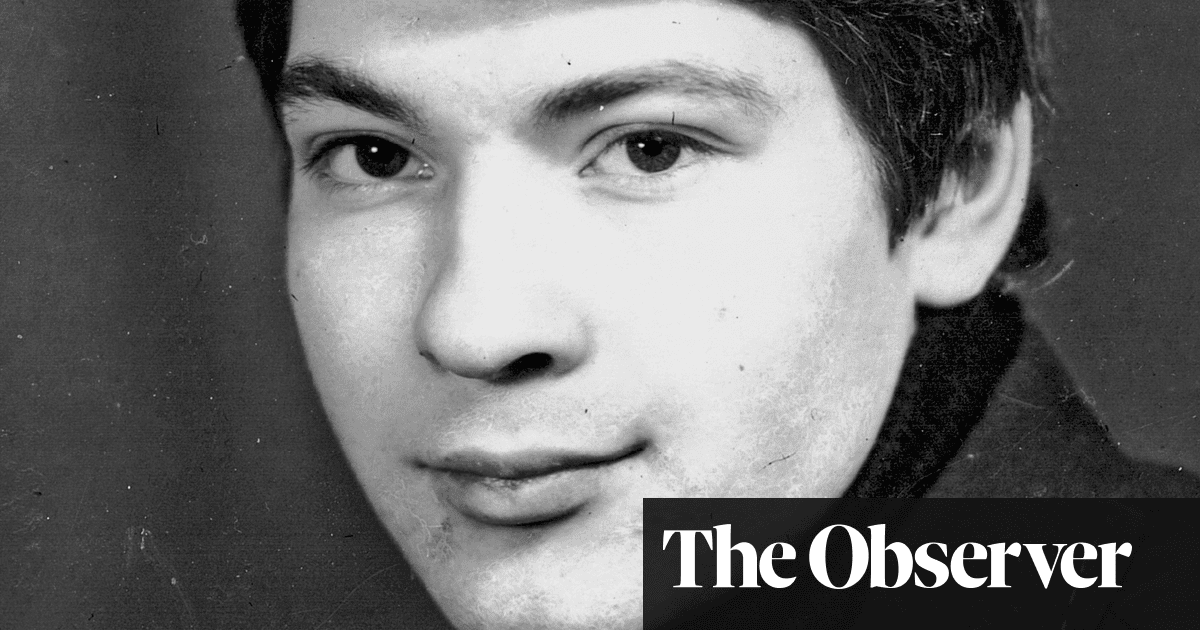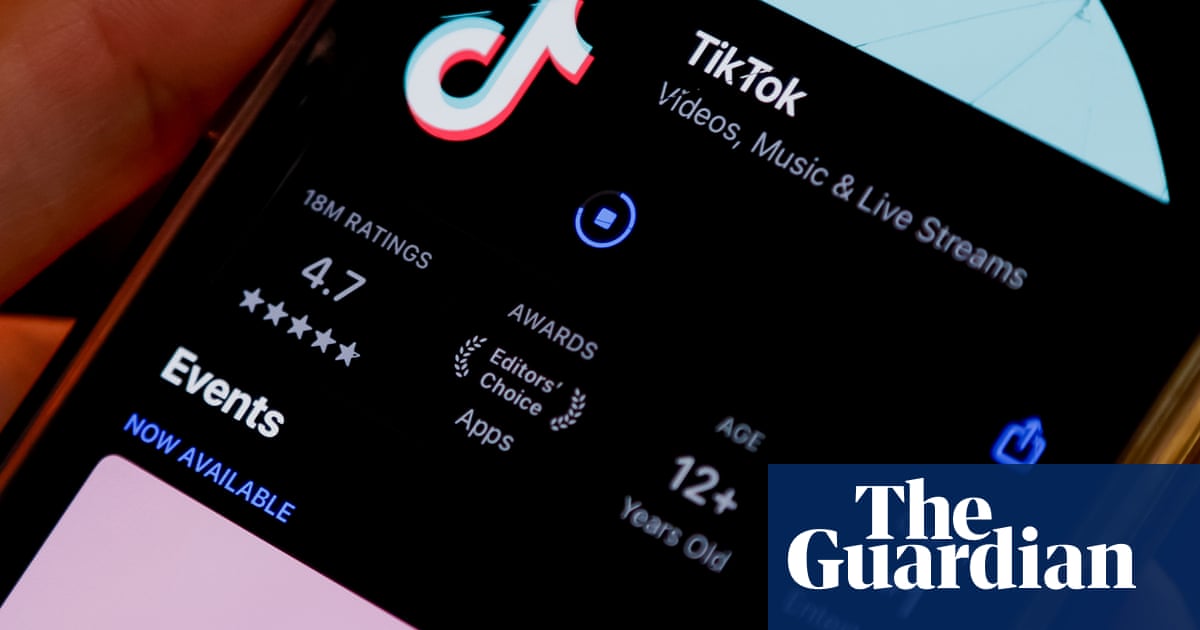If you’ve ever wanted to waste less time on your phone, you’ll know how hard it can be to break old scrolling habits.
Even if you’re able to delete your most time-consuming apps, it’s likely that you’ve ended up reinstalling them at some point. It can feel like being stuck in a constant loop of taking steps forwards and back.
But if you’re looking for a new relationship with your phone and truly sticking to it, there’s no need to feel trapped in this hopeless cycle – and I have the people to prove it.
At the start of 2024, I edited Reclaim Your Brain, a Guardian newsletter designed to help anyone unhappy with their screen-time use. It provides a five-week course that readers can sign up for at any time, and comes with tested tasks from our expert Catherine Price, the award-winning author of How to Break Up With Your Phone.
Since then, it has become the Guardian’s fastest-growing newsletter and cut subscribers’ screen times by an average of 40%.
When we checked in on subscribers in March, many were delighted at the impact the newsletter had made on their lives. “I am more present with the people in my life,” wrote Melissa Griffin, 53, who managed to get her screen time down from eight hours a day to two. “I am making choices instead of blaming the phone for my habits. I can now study – that was my goal … I’m back!”
It’s now been a year since we launched the newsletter, so with bated breaths we reached back out to subscribers to see how they had been getting on, and if they had been able to keep up their progress.
Here’s what we found.
For some, the newsletter reshaped their approach to their phones, and helped them make major life changes
“I think the course changed my fundamental attitude to my phone,” said Victoria, a subscriber based in Scotland. “So I find it easier to put it to one side and no longer experience that sense that I am ‘compelled’ to open it up.”
For Felipe, a reader based in Northern Ireland, the course gave him space to think about his life and make even bigger changes. “I found myself noticing aspects of my life that had long required but never gained my full attention, and taking the time to address them,” he said.
“For example, I finally gathered the courage to leave my old job, and also became more mindful and appreciative of the people in my life. My reduced phone use wasn’t the only factor enabling this, but it was a critical one.”
He added: “While my phone use oscillated over the course of the year, it eventually settled at a much healthier level. I use it more now than during the course, but the most disruptive behaviors never came back – and I simply don’t miss them at all. It’s even strange to think I ever spent any time doomscrolling!”
Meanwhile, others reported that their screen time had crept up, but they were still able to manage it a lot better than they had before taking the course – with some significant benefits.
“My phone usage did increase as the months went on, but not to pre-course usage,” said Kieran Healy, a Vancouver-based construction manager in his 40s. “A big plus for me is that I rediscovered reading and read 35 books this year! I don’t think I could have done this without considering my phone usage.”
The Reclaim Your Brain wallpaper is still providing a helpful ‘speed bump’
As part of the newsletter, subscribers are provided with a custom wallpaper they can download for their lock screens that shows how their daily average screen time adds up over a year.
“The most helpful part of the course continues to be the Reclaim Your Brain meter!” said Charlotte Conlin, an Oregon-based subscriber. “It’s still my screensaver and a constant reminder of how much of my life I could be wasting on my phone, depending on how many hours a day I’m using it.”

Laura Silovsky, an English teacher based in Tanzania, also found the wallpaper useful. “I kept the Reclaim Your Brain background on my phone for months, that showed how many hours we were losing on our phones – it led to some really interesting conversations with friends,” she said.
after newsletter promotion
We asked subscribers what the easiest and hardest parts of reclaiming their brains was. For some, it wasn’t too hard to delete the apps they were losing the most time to. “Giving up social media was surprisingly easy – liberating, even,” said Felipe.
This was the same for Laura, but came with a common caveat. “Deleting Instagram was easy. Staying off it was another thing,” she said. “Deleting social media was noticeably beneficial to my wellbeing and productivity but, living abroad, this effectively also meant losing touch with a few people. It was hard to make the choice between feeling in the loop back home and feeling grounded where I am, but I’m now glad that I opted for the latter.”
Others struggled with the quieter moments in life where phones can be difficult to resist. “The hardest part was not using my phone to bridge slightly uncomfortable and protracted situations like time spent in public transport,” said Annemarie, a doctoral student in Germany.
This was shared by Inês, a 32-year-old archivist based in Portugal. “The hardest thing is to avoid the phone when I’m waiting, commuting or just bored,” she said. “It’s difficult not to mindlessly scroll through apps like X, Reddit, Instagram or YouTube short videos.”
Thinking about signing up in 2025? Here’s some advice from subscribers who completed the course
“I’d really recommend signing up. I may well do a refresh in the New Year myself, to keep the momentum going.” – Victoria, Scotland
“Don’t think about it in all-or-nothing terms. Any reduction in phone usage is time back to your life.” – Kieran Healy, Vancouver
“Get a phone box. Could be a shoe box or an envelope, but something that tells you, your brain, your loved ones and friends that your phone is not going to distract you. Designate phone-free zones of the house and phone-free times of day, and empower your family to hold you accountable. Put the Reclaim Your Brain meter as your phone’s home screen!” – Andy, Philadelphia
“Think about what you’re really trying to achieve. As someone living abroad, I never wanted to fully break up with my phone, because I want to keep in contact with family and close friends. But this newsletter helped me reassess and rebalance my relationship with my phone, and with those people as a result.” – Laura Silovsky, Tanzania
“My advice would be to just try it for one day, and then keep going even if it makes you feel a little uncomfortable, but don’t beat yourself up if you have a lapse. Just try again the next day. ‘Rome wasn’t built in a day’ and all that.” – Charlotte Conlin, Oregon
“I feel it’s crucial we admit that screen addiction is an under-diagnosed, undervalued epidemic disease that we need to address individually and collectively. Taking the challenge of this newsletter seriously was a great first step for me.” – Inês, Portugal
“Do your best to follow the advice – it really is worth it. At the same time, don’t be too hard on yourself – the forces you’re up against are truly formidable, and you will fail from time to time. I overlapped Reclaim Your Brain with an online mindfulness course and found that they complemented each other really well.” – Felipe, Northern Ireland
“It can be helpful to let people know about any intended communication changes to manage expectations. Tell friends or clients what your new time frame is for responding to messages and create some defined boundaries that people can know about and therefore understand why you’re not immediately replying to them.” – Shelley, UK

 3 months ago
72
3 months ago
72













































